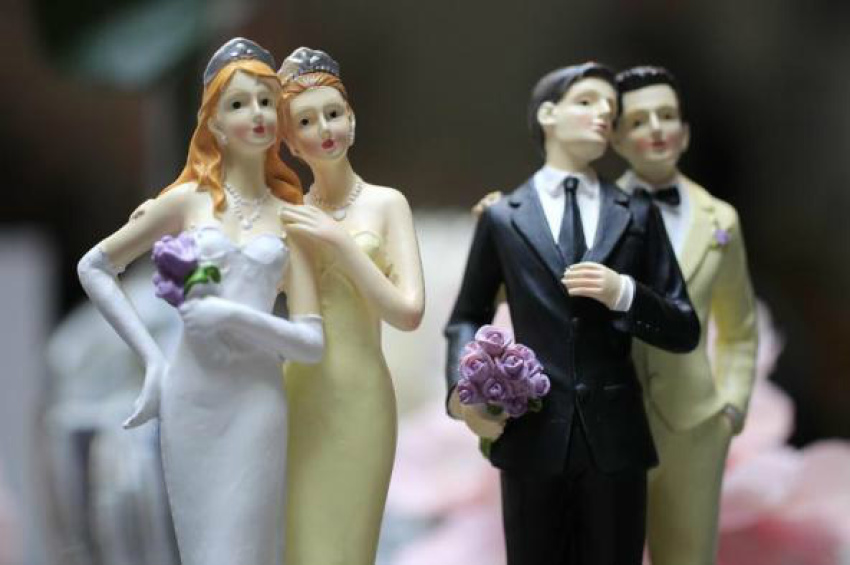Irish Catholic Bishops Say People 'Ridiculed' and 'Condemned as Homophobic' for Opposing Gay Marriage, as Country Prepares for Marriage Referendum

The Roman Catholic Church in Ireland has sent out pastoral letters insisting that opposing gay marriage is not homophobic, as the country prepares for a national referendum on whether to legalize the practice on May 22.
"We have got ourselves into the situation that many people won't even raise these issues in their families and workplaces for fear of being ridiculed or condemned as homophobic," said Archbishop Eamon Martin, who leads Ireland's Catholic Church.
Martin added, according to the Irish Independent, that it's a "fact of nature" that same-sex unions are "fundamentally and objectively different" from the sexual union of a woman and a man, which is "naturally open to life."
Although same-sex civil unions are already legal in Ireland, the nation will have the opportunity to vote on an amendment to the Constitution on May 22 which will decide whether same-sex marriage will be legalized.
While those arguing for a "Yes" vote have largely based their arguments on the need for equality and non-discrimination in society, the "No" campaign has argued that children need both a father and a mother in their lives.
Bishop of Raphoe Philip Boyce argued that although equality and human rights should be protected, the institution of marriage and the family should not be "sacrificed" in the process.
"Every child, no matter what sexual orientation he or she may have, has the human right to a father and a mother," Boyce said, adding that a "Yes" vote would have serious implications for children.
"We should not vote to legalise intentionally a situation where a child would be fatherless or motherless, not able to say 'dad' and 'mammy' to two parents."
The Irish Catholic stance on traditional marriage is in alignment with the Vatican.
An Irish Times/Ipsos MRBI poll from March suggested, however, that most respondents to the survey would vote for legalizing gay marriage. The results showed that 74 percent of people said they would vote "Yes" to legalize the practice, though that is down 6 percentage points since the last time the survey was conducted in December.
The latest survey suggested that Irish society is significantly divided on the question by age group, with 85 percent of 18-24 year olds stating they would vote "Yes," while only 37 percent of the 65 and older age group said the same.



























